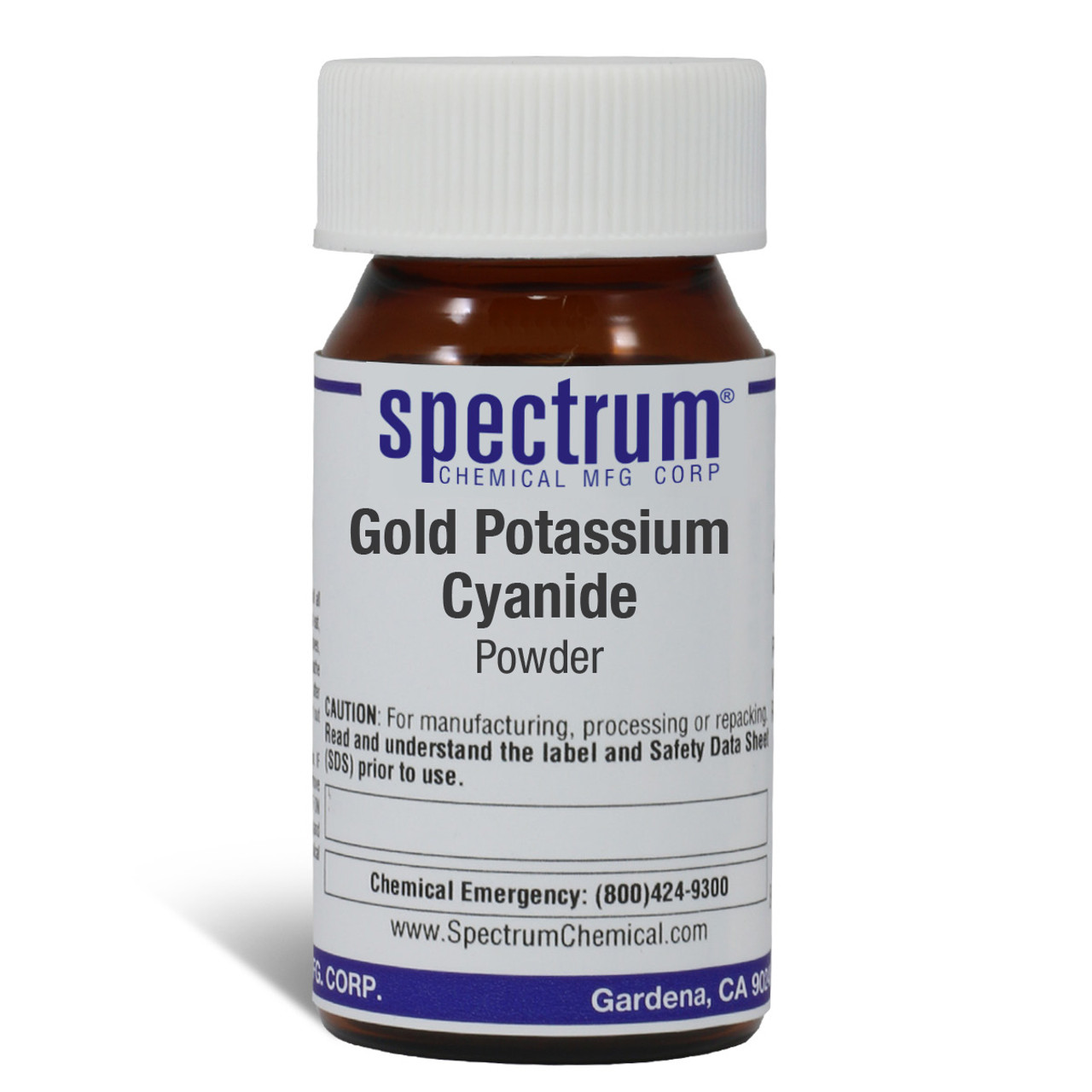
Potassium cyanide (KCN) is a salt formed by the reaction of a strong base, potassium hydroxide (KOH), with a weak acid, hydrocyanic acid (HCN). As a result, KCN is considered a weak base. In aqueous solutions, KCN dissociates into potassium ions (K+) and cyanide ions (CN-). The cyanide ion is a weak base and can accept protons (H+) from water to form hydroxide ions (OH-). This increases the pH of the solution, making it slightly alkaline.
The dissociation of KCN in water can be represented by the following equation:
KCN + H2O ⇌ KOH + HCN
The equilibrium constant for this reaction is called the dissociation constant (Kb) of KCN. The Kb for KCN is 5.6 x 10^-9, which is relatively small. This indicates that KCN is a weak base and that only a small fraction of the cyanide ions are dissociated in water.
The strength of a base is determined by its ability to accept protons. A strong base, such as KOH, can completely accept protons from water to form hydroxide ions. This results in a large increase in the pH of the solution. A weak base, such as KCN, can only accept protons from water to a limited extent. This results in a smaller increase in the pH of the solution.
The pH of a solution of KCN depends on the concentration of KCN. A higher concentration of KCN will result in a higher pH, as more cyanide ions will be available to accept protons from water. However, even at high concentrations, KCN will remain a weak base and will not completely dissociate in water.
KCN is a very toxic substance and should be handled with care. It is important to wear gloves and eye protection when handling KCN, and to avoid contact with skin and eyes. If KCN is ingested, it can be fatal.
Here are some additional facts about KCN:
- KCN is a white, odorless solid.
- KCN is soluble in water and alcohol.
- KCN is used in a variety of industrial applications, including gold mining, electroplating, and photography.
- KCN is also used as a pesticide and fumigant.
Conclusion
KCN is a weak base that dissociates in water to form potassium ions and cyanide ions. The cyanide ion is a weak base and can accept protons from water to form hydroxide ions. This increases the pH of the solution, making it slightly alkaline. The strength of a base is determined by its ability to accept protons. KCN is a weak base because it can only accept protons from water to a limited extent. The pH of a solution of KCN depends on the concentration of KCN. A higher concentration of KCN will result in a higher pH. KCN is a very toxic substance and should be handled with care.